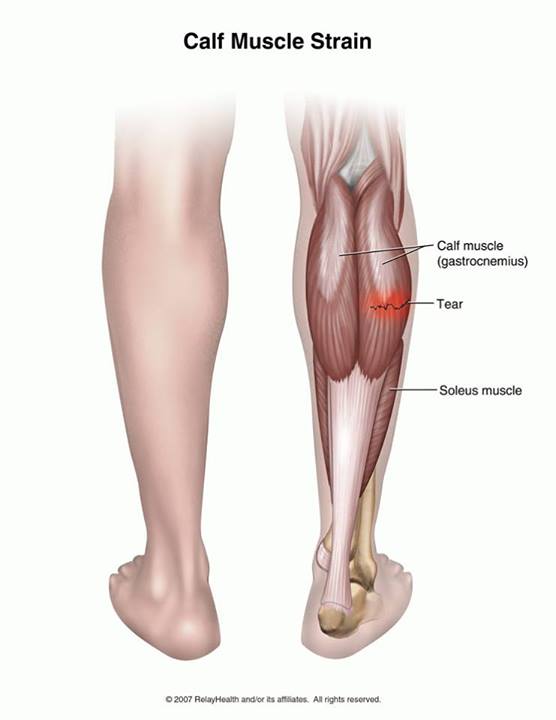Latest on Dementia

Chair-based physiotherapy benefiting dementia patients
A new physiotherapy programme centred around chair-based gymnastics is having significant benefits for people living with dementia.
The British Gymnastics Foundation runs a scheme known as Love to Move, which sees physiotherapists and other specially-trained support workers encouraging dementia patients to keep their arms and legs moving even if they cannot manage walking or any other form of exercise.
Love to Move doesn’t just focus on movement, however, with part of the programme also based around stimulating the memory through means such as music, as scientists have found that creating a sense of nostalgia can bring great comfort to older people who struggle to recall their more recent memories.
BBC Sport reports that more than 150 participants have already taken part in the programme, with research carried out by older people’s charity Age UK showing that it has had a significant impact on improving patients’ cognitive function.
The charity reported that the chair-based gymnastics scheme had physical, emotional and cognitive benefits for people who had been diagnosed with dementia, leading to calls for it to be rolled out further across the country, particularly as the illness is affecting more and more people.
In fact, the effects of this type of exercise have proved so successful around the world that the South Korean and Japanese governments have implemented chair-based physiotherapy programmes in every care home in their countries, using state funding to support its delivery.
Patrick Bonner, manager of the British Gymnastics Foundation, commented: “This age and dementia-friendly programme is astonishing people with its life-changing benefits.
“So many people involved are seeing their lives improving as a result and it is unthinkable that people are regaining functions which were thought to be lost because of participating in the Love to Move classes.”
Plans are now in place to bring the programme to even more people who are living with dementia throughout the UK, which will lead to the creation of more work opportunities for specially-trained physiotherapists.
Written by Mathew Horton











